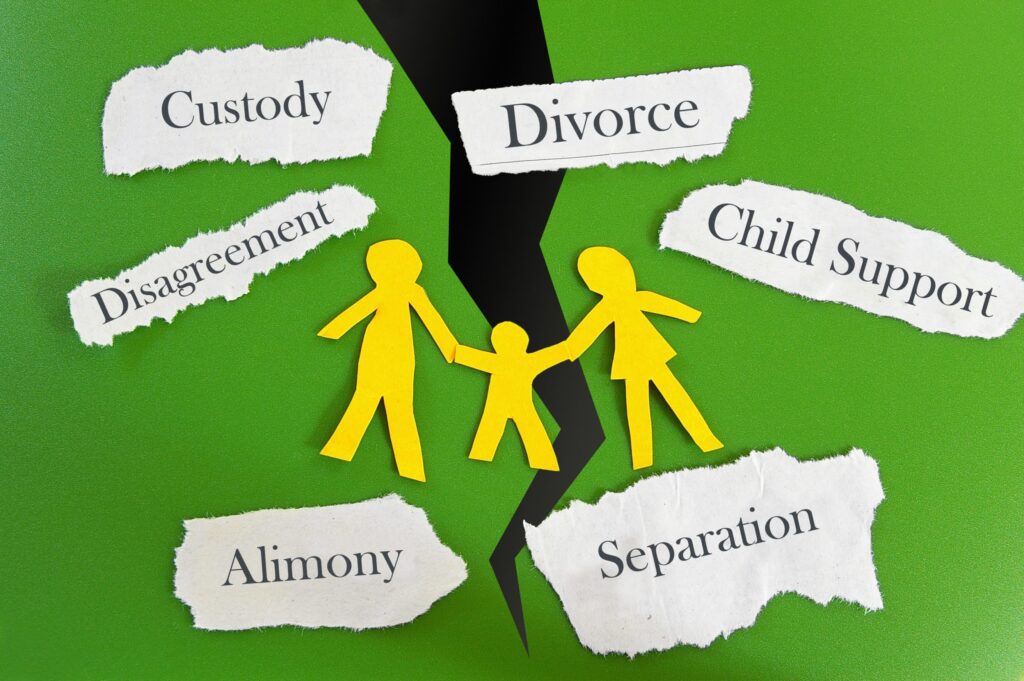A forced marriage is defined in law as a marriage that takes place without the consent of one or both parties. Forced marriages are considered an abuse of human rights and a form of domestic abuse, in that one or both parties are forced into the union under duress.
Irrespective of whether physical abuse or emotional pressure is the key factor, forced marriage is illegal in the United Kingdom under the Forced Marriage (Civil Protection) Act 2007. However, a forced marriage does not fall within the same legislation as an arranged marriage, as those who take place in the latter have the option of choosing whether or not to proceed.
At Aristone Solicitors, we firmly believe that no one should ever be forced into a marriage against their will. If you feel you are being unfairly pressured or forced into a union at any time and under any circumstances, contact a member of our family law team immediately. We’ll help you understand your rights and help you make the right decision to safeguard your future.
The Law on Forced Marriage
The Forced Marriage (Civil Protection) Act 2007 permits courts in the United Kingdom to issue a Forced Marriage Protection Order (FMPO), should it be determined that an individual is being forced to marry against their will, or has already been forced to marry. Orders can be issued to remove the victim from the situation and protect them from future harm.
As it stands, those who breach a Forced Marriage Protection Order are not guilty of a criminal offence. Nevertheless, breach of a FMPO is considered contempt of court, which means those who break FMPOs can be arrested by the police and brought before the courts. Anyone found guilty of breaking an FMPO is liable for heavy punishment, including imprisonment.
Forced marriage is, in its own right, a criminal offence. Arrest warrants can be issued in the event that one or more individuals is deemed to be at risk of harm (physical or otherwise) due to a planned forced marriage.
How Does an FMPO Work?
A Forced Marriage Protection Order application can be filed by the victim, or by local authorities, the police, the NSPCC and other government bodies. If a friend or relative of the victim wishes to apply on their behalf, they will first need to obtain permission from the courts.
There are several different orders that can be issued by the courts, which are enforced to:
- Prevent forced marriages from taking place
- Force those involved to surrender their passports
- Demand an immediate halt to violence and harassment
- Request the disclosure of a person’s whereabouts
- Prevent one or more people being taken abroad
- Forbid contact with one or more victims
Irrespective of whether you or a member of your family is at immediate risk of harm, the importance of acknowledging the potential consequences of forced marriage cannot be overstated. This is why it is essential to take action at the earliest possible juncture, seeking independent legal advice from a trained and experienced source.
At Aristone Solicitors, our skilled legal team has extensive experience in the complexities of forced marriage. We understand the importance of sensitivity, speed and confidentiality when dealing with such matters. However difficult or urgent your situation may be, we’re standing by with the support you need to safeguard your interests and your future.
Call the team at Aristone Solicitors anytime for more information.



